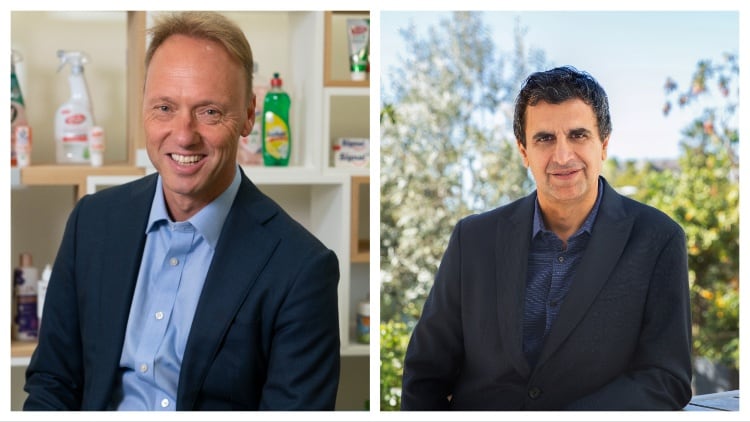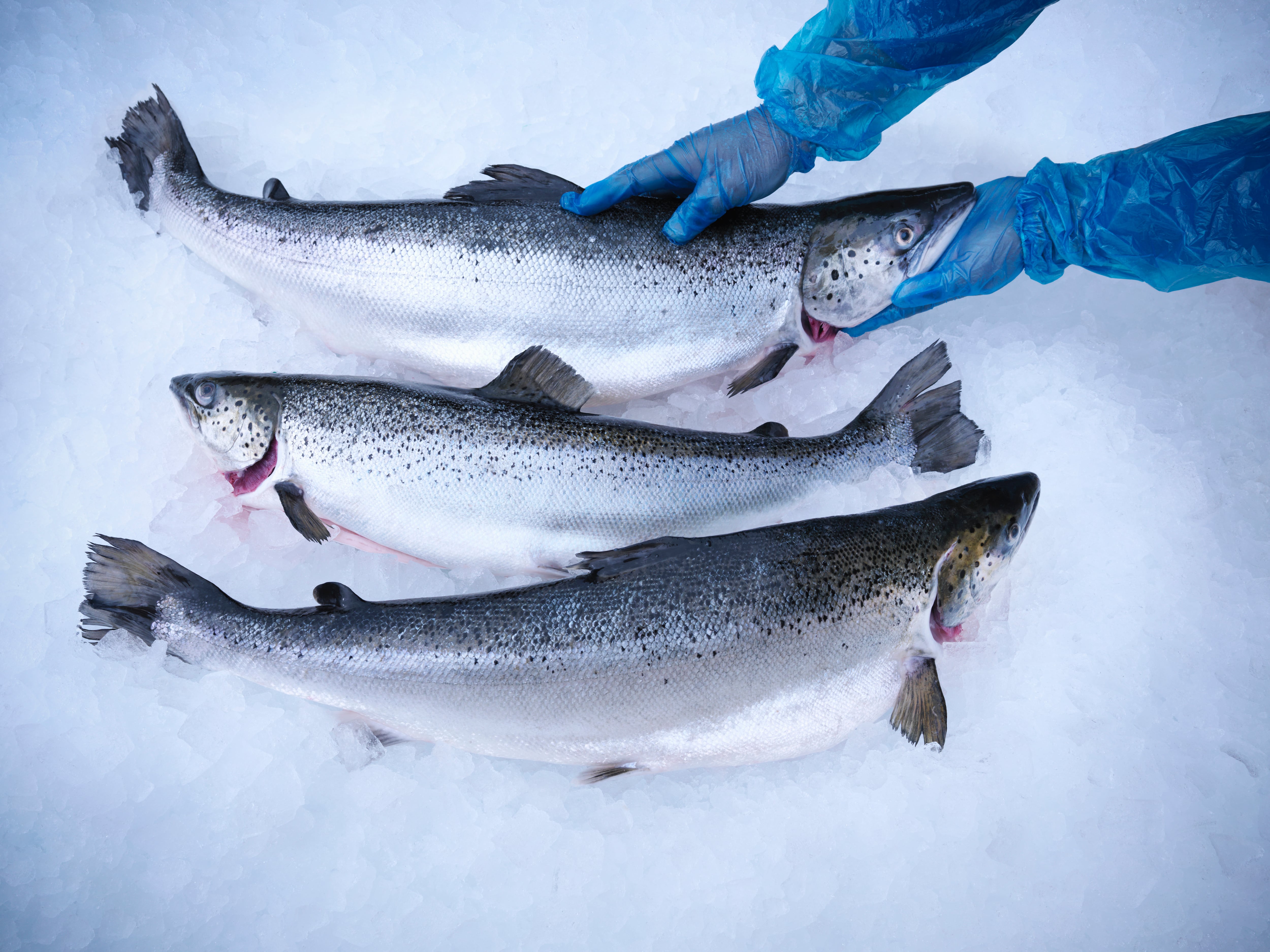Since taking up the role of CEO in the summer of 2023, Schumacher has set about a turnaround plan that involved spinning off non-core assets, such as the firm’s ice cream unit, and refocusing on Unilever’s ‘power’ brands.
However, according to Wild, who is corporate finance director at Rollits LLP, this process was not happening quickly enough for some investors and members of the board.
The ice cream demerger in particular has faced some road bumps, with Unilever facing legal action from Ben & Jerry’s and rumours emerging about the brand’s founder looking to reacquire the business.
“The removal of Hein Schumacher as Unilever CEO came as a surprise to the market,” he told Food Manufacture.
“It appears to have been instigated by impatience from investors over the speed of turnaround following a fall in profits last year and a modest start to 2025. The reference to Unilever being on a ‘path to higher performance’ but requiring ‘accelerating its execution’ was telling.”
Wild singled out activist investor Nelson Peltz as a major player in persuading the board to move on from Schumacher.
He added: “Under Schumacher there was a defined programme to improve productivity and to spin-off the ice cream business, but the growth action plan was not proceeding at a fast enough pace for the board.”
Former chief financial officer Fernando Fernandez has replaced Schumacher as CEO, a move which Wild said has settled investors for the time being.
“There is a confidence that he will speed up the rate of progress,” Wild explained.
Having said that, Wild cautioned that the task at hand for Fernandez remains a difficult one.
“This just goes to show that turning around a huge ship like Unilever takes time and, despite Fernandez’s impressive track record, this will not be an easy task,” he continued.
“However, the board have faith in him and he is probably best placed to deliver the necessary growth at the pace required.”
Schumacher officially left the role on 1 March, but will continue to be paid until 31 May this year.





